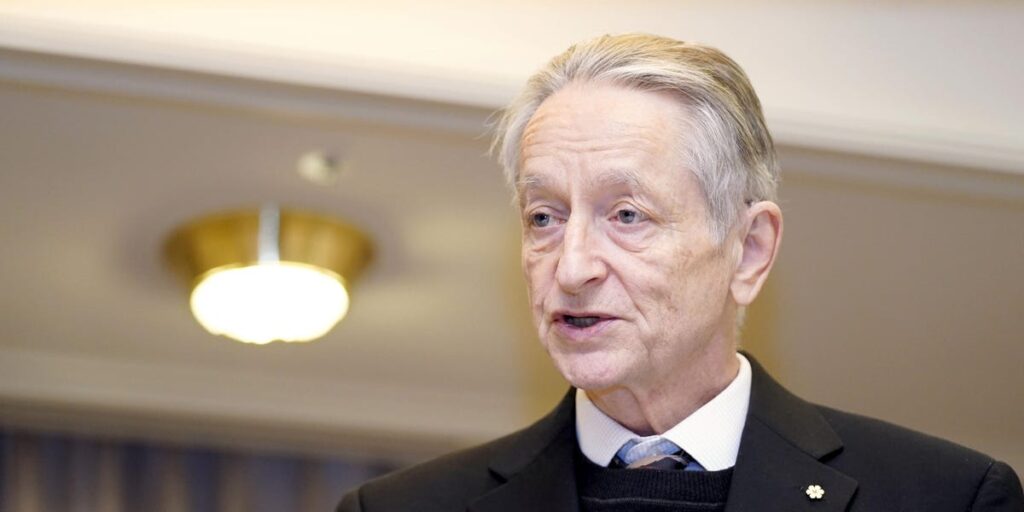Geoffrey Hinton helped invent the technology behind ChatGPT. Now he’s warning it could destroy the very jobs it was meant to enhance.
“What’s actually going to happen is rich people are going to use AI to replace workers,” Hinton, who is often referred to as the “Godfather of AI,” told the Financial Times last Friday.
“It’s going to create massive unemployment and a huge rise in profits. It will make a few people much richer and most people poorer.”
Hinton, who won the Nobel Prize for his pioneering work on neural networks and spent a decade at Google before leaving in 2023, said the disruption is less about the technology itself than the system it operates within.
“That’s not AI’s fault,” he said, instead blaming the “capitalist system.”
The 77-year-old researcher also dismissed ideas like a universal basic income as a solution, arguing that a cash stipend won’t address the loss of dignity people derive from their jobs.
Universal basic income “won’t deal with human dignity,” he said, adding that people get their worth from their jobs.
Not everyone is so pessimistic
Not all tech leaders share Hinton’s bleak view on the future.
OpenAI CEO Sam Altman has long pitched a universal basic income as a cushion against job losses, even funding one of the largest UBI trials in the US.
Elon Musk has echoed those calls, telling an audience at VivaTech last year that in a benign AI future, “probably none of us will have a job” — but universal income could let humans pursue meaning while machines handle work.
Investor Vinod Khosla has gone further, predicting AI will perform 80% of the work in 80% of jobs. That, he argues, will slash the value of human labor and make UBI “crucial” to prevent a surge in inequality.
Anthropic CEO Dario Amodei, meanwhile, has called UBI just “a small part” of the solution, warning that society will need to invent entirely new systems to manage the shift.
Hinton isn’t convinced. While he’s previously advised the UK government to explore UBI, he now says cash payments won’t replace the sense of dignity people derive from their work.
Having lost two wives to cancer, he still hopes AI delivers breakthroughs in healthcare and education.
But beyond that, he believes the technology is more likely to erode livelihoods than uplift them.
“We are at a point in history where something amazing is happening, he said, “and it may be amazingly good, and it may be amazingly bad.”


